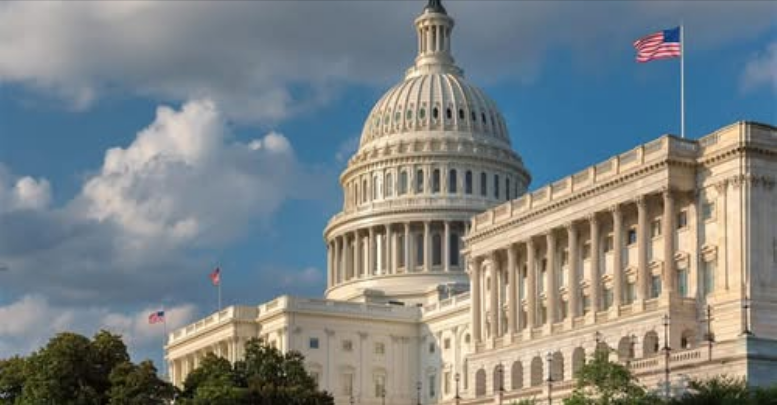
Bill Seeking Sanctions On Miyetti Allah And Humanitarian Aid To Victims Enters U.S. Congress
Chris Smith, Huizenga Push for Sanctions Over Persecution of Christians in Nigeria
Washington D.C. – November 7, 2025
A bill seeking visa restrictions and asset freezes on members of the Miyetti Allah Cattle Breeders Association of Nigeria (MACBAN) and allied Fulani militia groups has been introduced in the United States Congress, marking a major escalation in Washington’s stance on religious persecution and insecurity in Nigeria.
The bill, introduced on Tuesday by Rep. Chris Smith (R-NJ), Chairman of the House Foreign Affairs Subcommittee on Africa, coincides with a renewed international outcry over the mass killings of Christians across Nigeria.
Smith’s legislation commends President Donald Trump’s recent redesignation of Nigeria as a “Country of Particular Concern (CPC)” and outlines a detailed roadmap for the U.S. Department of State to respond to what he described as the Nigerian government’s complicity in the persecution of Christians.
“To be a Christian living in Nigeria means to be living under the constant threat of murder, kidnapping, rape, and torture by radical Islamists such as Boko Haram and Fulani terrorists,” Smith declared.
“The Nigerian government has failed in its most basic responsibility to protect its citizens. The world can no longer look away.”
The bill proposes targeted visa bans, asset freezes, and financial restrictions under the Global Magnitsky Act against identified individuals and organizations, including the Miyetti Allah leadership accused of enabling and financing terrorist violence in Nigeria’s rural communities.
It also calls for conditioning U.S. assistance to Nigeria on “measurable progress” in protecting religious minorities, prosecuting perpetrators, and ending impunity for extremist violence.
The legislative development comes alongside a separate statement by U.S. Senator Ted Cruz, who renewed calls for accountability against Nigerian officials accused of turning a blind eye to the persecution of Christians.
Cruz had, in October 2025, introduced the Nigeria Religious Freedom Accountability Act, which proposes sanctions on federal and state officials found to have promoted, enacted, or maintained blasphemy laws through policy, legislation, or executive directives.
According to Cruz, such laws and the systemic silence over targeted killings amount to “state complicity in crimes of conscience.”
The new U.S. congressional moves are part of a growing concern in Washington over the deteriorating human-rights situation in Nigeria, where thousands of Christians have been killed and millions displaced by terror groups and armed Fulani militias in recent years.
Both Smith and Cruz have long histories of advocacy on global religious freedom. Their combined efforts signal a coordinated U.S. strategy to hold Nigerian leaders and affiliated groups accountable through diplomatic and economic pressure.
If passed, the Smith bill would mark the first U.S. legislative measure explicitly naming Miyetti Allah and other Fulani militia groups for sanctions, potentially leading to visa bans, international asset monitoring, and travel restrictions for key figures implicated in violence or human-rights abuses.
The Nigerian government has yet to issue an official response to the latest congressional action, though previous statements have rejected the notion that the violence is religiously motivated.